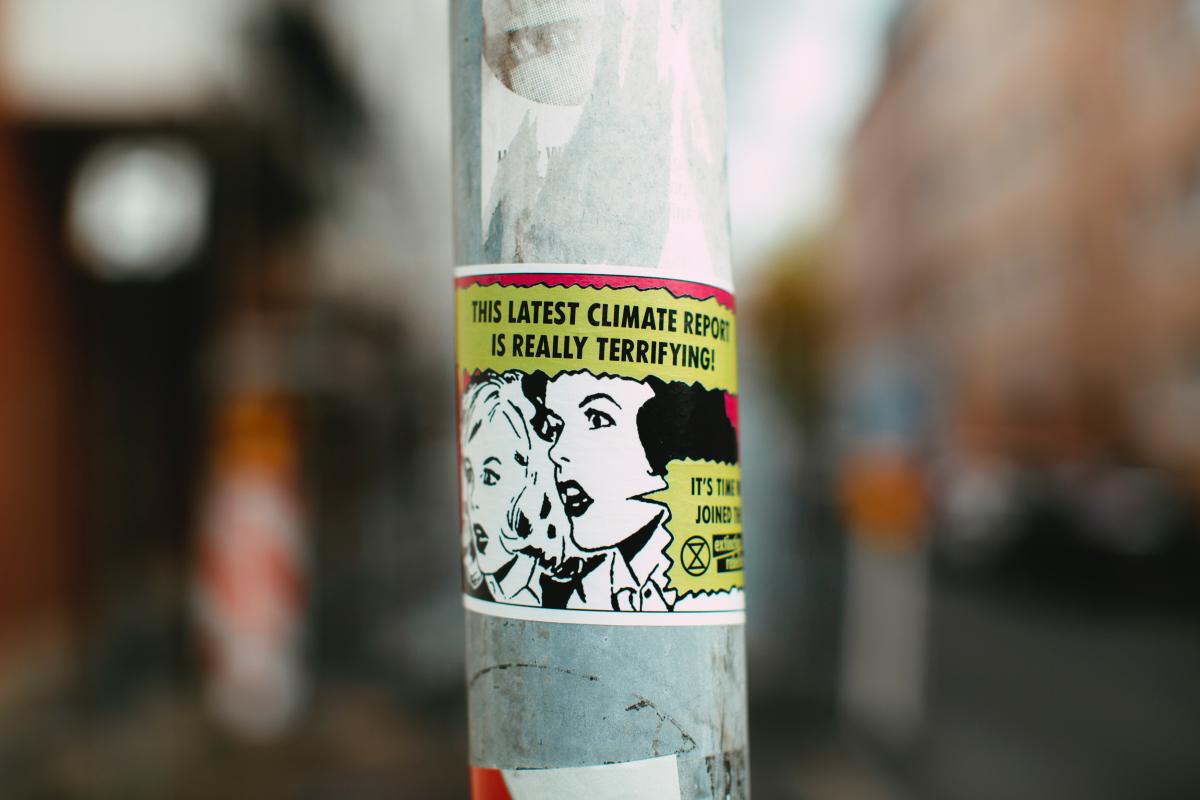
Members of the Environment & Community cluster contribute to an understanding of the relationships between built and human communities within natural environments.

While the cluster maintains a core focus on environment and community, scholars in this area use their expertise to study a range of subjects including civic engagement in climate action and other social movements, the relationship between land use, community, and policymaking in urban centres, and the nature of human-environment relationships.
In one example, Dr. David Tindall studies contention over environmental issues, including topics such as forestry, wilderness preservation, fisheries, and climate change.
A major focus of his research has been the environmental movement in British Columbia, and Canada, and in this context, the interrelationships between social networks, movement identification, and participation.
His research has focused on various aspects of environmentalism including, values, attitudes, opinions, activism and conservation behavior, media coverage of environmental issues, gender issues, and social networks and environmentalism.
Dr. Tindall's current research, funded by the Social Sciences and Humanities Research Council of Canada, focuses on sociological aspects of contention over climate change in Canada, including perceptions about climate change, views about climate justice, and social processes affecting policies for dealing with climate change, and media coverage of climate change issues.
